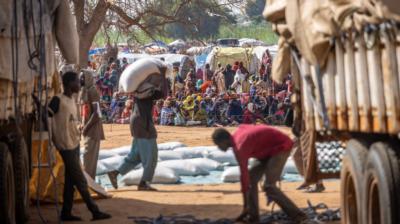The Bai Bang paper mill project in Vietnam: The history of decision-making
CMI was in 1997 awarded the contract to undertake what Sida labelled a process evaluation" of the most controversial project in the history of Swedish aid - the building of a paper industry in then North Vietnam. The study focuses on understanding the factors and forces influencing key decisions from the start of bilateral relations in 1969, in planning and negotiating the project contract (1970-1974), during the construction phase (1975- 1983), and in the drawn out struggle to reach the operational goal of producing at design capacity (which happened in 1996). The project was highly controversial in both countries and initial budgets and timetables turned out to be unrealistic in the war-torn and centrally planned economy of Vietnam. Today, the paper mill represents one of the most efficient enterprises in the country, and is heading for further expansion. Although this is a unique story of aid co-operation that cannot be replicated, it provides a number of general lessons for the management of project aid and echnology transfer. Following the completion of the draft CMI report in 1998 and a parallel impact and sustainability study of the Bai Bang pulp and paper mill (by the Centre for International Economics, Australia), Sida decided to invest substantially in the dissemination of the two reports. This included editing and printing the English versions in paperback format, translation into Vietnamese, and conducting several seminars in both Stockholm and Hanoi/Bai Bang during 1999.

![Corona überleben: Die Figur der:s Überlebende:n als Trägerin von Hoffnung und Angst in den Politiken einer Krise im Werden [Surviving Corona: The figure of the survivor as bearer of hope and fear in the politics of an emerging crisis]](http://www.cmi.no/img/400/18259-Corona-und-mediale-ffentlichkeiten.png)




